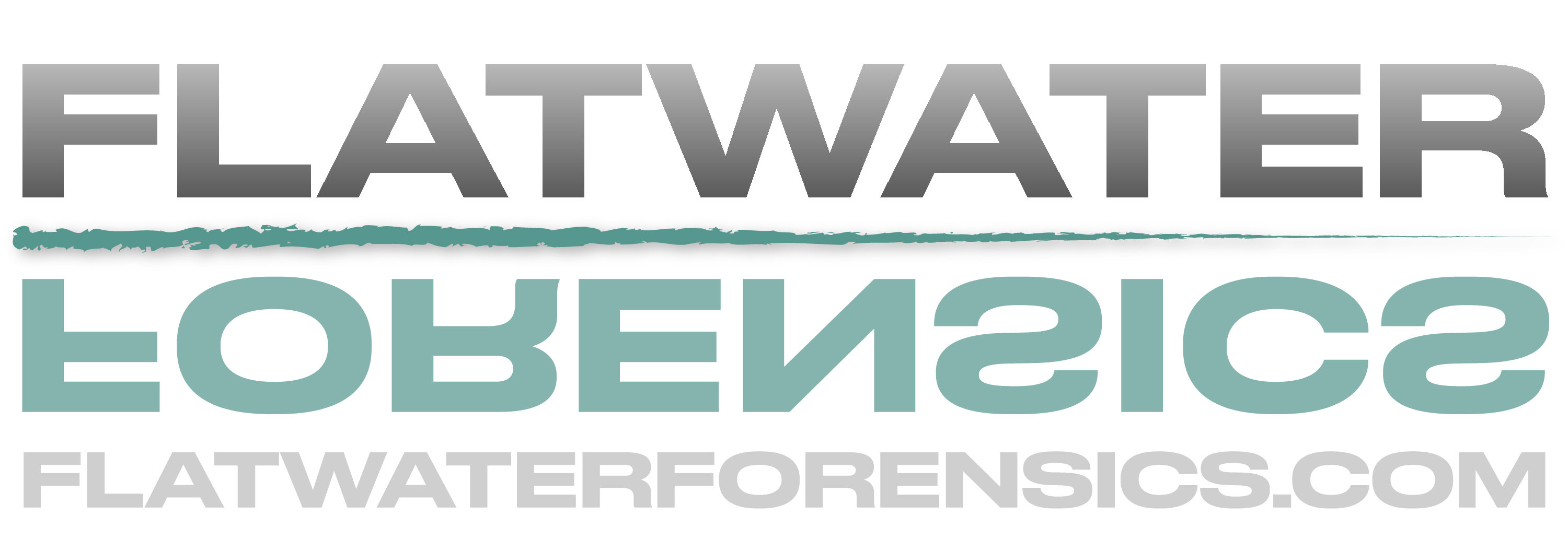
Today’s decision-makers require cogent translation from the emerging digital languages of Cybersecurity, privacy, computer forensics, and data analytics to the languages of business and law. Flatwater Forensics is a boutique consultancy built on this foundational principle. Our team employs a singular focus—helping you understand and successfully navigate the often perilous confluence of data and your business ventures.
Translation and Privilege. One of the central advantages of hiring Flatwater as a consulting expert is the application of the attorney-client privilege to our work with counsel and clients. We touched on this topic in our recent paper exploring the strategic choice between a consulting and testifying expert. The attorney-client privilege was not always elastic in this way. At its inception, privilege was strictly limited to communications between an attorney and her client, and the presence of a third party to the conversation would undermine those protections.
The initial extensions of the privilege by courts to communications involving third parties were made to permit interpreters to translate foreign languages, allowing effective attorney-client communication even when an attorney did not speak her client's language. Based on that initial extension to an agent of counsel hired to facilitate communication between attorney and client, modern courts have extended the privilege to cover other forms of "translation" by third parties who help counsel understand and communicate complex (read, foreign) "languages."
Meaningful Digital Consultation. It is in this spirit of interpretation, of effective translation, that Flatwater was formed to serve the need to understand the computer languages, the languages of data and networks and security.
Having been the recipient, in our former professional lives as lawyers, of the very kinds of services we now provide, we are acutely aware of the lack of meaningful translation provided by many of the large forensic and eDiscovery firms. We once received a spreadsheet of a forensic output that contained 1.2 million rows and more than 30 columns (roughly 36 million data points), without as much as a key to explain the column headers. Aside from the cost to the client for a spreadsheet so voluminous that would barely open on most computers, the utility of a "report" in such a format neared zero. Intelligence isn’t worth much if it isn’t actionable.
Flatwater’s efforts in translation take many forms. Virtually every report we deliver, oral or written, is sent through the translation phase from technical to teachable. From there, our analytical results are pruned and tailored to the needs of the particular investigation or case, needs we well know from our time in the law. Examples range from small and straightforward to staggeringly large and complex.
What Do These Letters Mean? We often perform brief consultations for counsel wanting to understand the significance of a particular forensic artifact. Recently, an attorney contacted us to review forensic reports by one of the aforementioned large firms to understand how a file may have ended up on his client’s computer and if it had been put there intentionally. Counsel surmised from a URL in the report that the file may have been stored locally as a result of an automated local Dropbox folder sync, a plausible theory if the Dropbox application had been installed locally and was set to synchronize with a shared network folder. But, a couple of letters in the several-hundred-character URL revealed that the file had instead been transferred via a Dropbox download link, which had been clicked by a user. The devil is in the data.
What the Hack (does all this mean)? On a recent matter for a large multi-national client, we were tasked to analyze the network logs from their global system for evidence linked to the activity of a persistent hacker. For a ten-day period, the network events logged by the client’s systems exceeded a dizzying 20 billion entries, with hundreds of billions of data points at issue. Flatwater used complicated database software and custom computer scripts to interrogate the massive data set. Filtering a significant set of technical findings, Flatwater made a painstaking plain-language translation from the log data to cogent explanations of nature of the malicious activity, the available proof, and the potential identity of the hacker. This kind of log analysis is becoming more and more common to track and understand user activity in networked, enterprise systems. The languages are specialized and complicated. Fortunately, we speak geek and we speak law.
The Flatwater Advantage. Flatwater Forensics is a different kind of consultancy. And it’s that differentiator that makes all the difference. As a ClariLegal vetted vendor, we share the emphasis on delivering value to customers and clients. Foremost, we believe our duty to you is to provide meaningful translation services. That’s the very heart of our value. To learn more about Flatwater and the ClariLegal preferred vendor management platform, visit flatwaterforensics.com and clarilegal.com.

